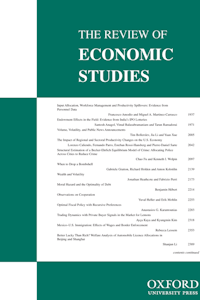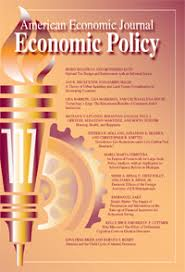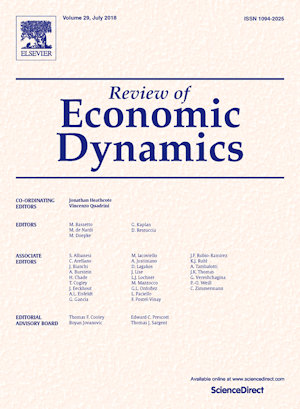
Bilbiie, F. O., Monacelli, T. and Perotti, R.
Stabilization vs. Redistribution: The Optimal Monetary-Fiscal Mix
Journal of Monetary Economics, accepted
(2024)
Abstract: Stabilization and redistribution are intertwined in a model with heterogeneity, imperfect insurance, and nominal rigidity-making fiscal and monetary policy inextricably linked for aggregate-demand management. Movements in inequality induced by fiscal transfers make the flexible-price equilibrium suboptimal, thus triggering a stabilization vs redistribution tradeoff. Likewise, changes in government spending that are associated with changes in the distribution of taxes (progressive vs. regressive) induce a tradeoff for monetary policy: the central bank cannot stabilize real activity at its efficient level (including insurance) and simultaneously avoid inflation. Fiscal policy can be used in conjunction to monetary policy to strike the optimal balance between stabilization and insurance (redistribution) motives.
Keywords: Aggregate demand, Fiscal Transfers, Inequality, Optimal Monetary-Fiscal Policy, Redistribution, TANK
JEL Codes: D91, E21, E62
Author links: Florin Bilbiie
PDF Link: https://www.janeway.econ.cam.ac.uk/working-paper-pdfs/jiwp2421.pdf ![]()
Cambridge Working Paper in Economics Version of Paper: Stabilization vs. Redistribution: The Optimal Monetary-Fiscal Mix, Bilbiie, F. O., Monacelli, T., Perotti, R., (2024)



